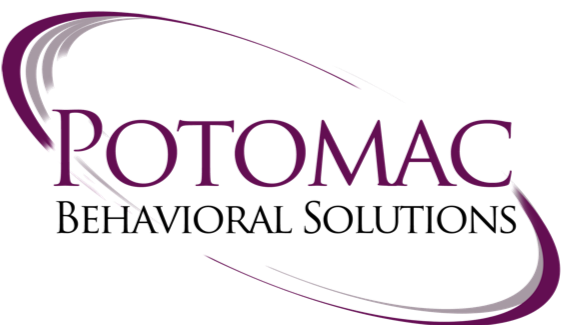The Intensive Program is specially designed for adolescents and adults who would benefit from more targeted treatment of symptoms. The Intensive Program identifies and addresses triggers to emotion dysregulation, rigid thinking, eating difficulties and obsessions and helps patients prevent ineffective mental and behavioral engagements.
Our approaches include Exposure with Response Prevention (ERP), Cognitive Behavioral Therapy (CBT), Acceptance and Commitment Therapy (ACT), Dialectical Behavioral Therapy (DBT), and Radically Open Dialectical Behavioral Therapy (RO-DBT). The Intensive program varies in frequency and duration as it is based on the needs of the individual (including homework over the weekend).
Each patient and their family meets one-to-one with a team of at least three providers. Our team includes psychiatrists and therapists. You will have a primary therapist who is part of your treatment team.
TREATMENT SCHEDULE
1. Phone consultation with Intake Coordinator
Goals are to assess level of care recommendations and introduce programming. The Intake Coordinator can also discuss lodging and transportation recommendations.
2. Initial intake and pre-commitment with individual Provider (4-6 weeks of once weekly individual 45-minute sessions)
Psychoeducation (including family members)
Psychological assessment
Structuring the environment
Learning non-avoidant coping
Treatment planning and case formulation
Development of exposure hierarchy
3. Intensive Week (9-2pm Tuesday-Monday)
Review assigned homework exposures
Exposure and skills development protocols
Assign homework for the evening
4. Follow ups
45-minute sessions focused on relapse prevention.
Typically once weekly for 6 months following the intensive week.
TREATMENT PROGRAMS
ANXIETY
Our anxiety and intensive program addresses anxiety, social anxiety, and phobias, among other anxiety-based disorders. More broadly this category includes:
Separation Anxiety
Selective Mutism
Specific Phobia
Social Anxiety Disorder
Panic Disorder
Agoraphobia
Generalized Anxiety Disorder
OBSESSIVE COMPULSIVE DISORDERS (OCD)
Our program treats obsessive-compulsive and related disorders which may involve obsessions (intrusive thoughts or urges), compulsions (repetitive behaviors or mental acts), and/or recurrent body-focused repetitive behaviors. This category includes: Obsessive-Compulsive Disorder, Hoarding Disorder, Trichotillomania (Hair-pulling) and Excoriation (Skin-Picking).
Common treatment targets include:
Compulsions related to:
Washing
Checking
Reassurance seeking
Repeating
Apologizing
Confessing
Straightening
Counting
Perfectionism
Prayer
Mental checking
Figuring it out (eg, "Am I a good person?", "Am I gay?")
Obsessions/intrusive thoughts related to:
Doubt
Sex/Sexuality
Violence
Immortality/blasphemy
Contamination
Asymmetry
Abuse/pedophilia
Flaws in appearance
Physical symptoms/somatic obsessions
Other Targets:
Fear of flying, animals, or other specific phobias
Social Anxiety
School Avoidance
EATING DISORDERS
Our program treats eating disorders. Disorders in this track include:
Anorexia Nervosa
Bulimia Nervosa
Binge Eating Disorder
Avoidant Restrictive Food Intake Disorder (ARFID)
Unspecified Feeding and Eating Disorder (UFED)
Pica
Rumination Disorder
Other Specified Feed and Eating Disorder (OSFED)
Purging Disorder
Night Eating Syndrome
**Orthorexia
Body Dysmorphic Disorder
DBT
Our DBT program is an evidence based treatment designed to help manage impulsive behaviors, emotional responses, and self-destructive urges. Originally developed by Marsha Linehan, Ph.D., ABPP, it is a cognitive-behavioral treatment shown to help address a variety of concerns including eating disorders, anxiety disorders, and mood disorders.
RO-DBT
Our RO DBT intensive program is for patients with emotional over-control. Excessive self-control is associated with social isolation and poor interpersonal relations. RO DBT benefits patients who have a diagnosis of Chronic Depression, Treatment-Resistant Anxiety Disorders, Anorexia Nervosa, Avoidant, Paranoid and Obsessive Compulsive Personality Disorders and Autistic Spectrum Disorders. To learn more about the difference between DBT and RO-DBT, check out this link.

